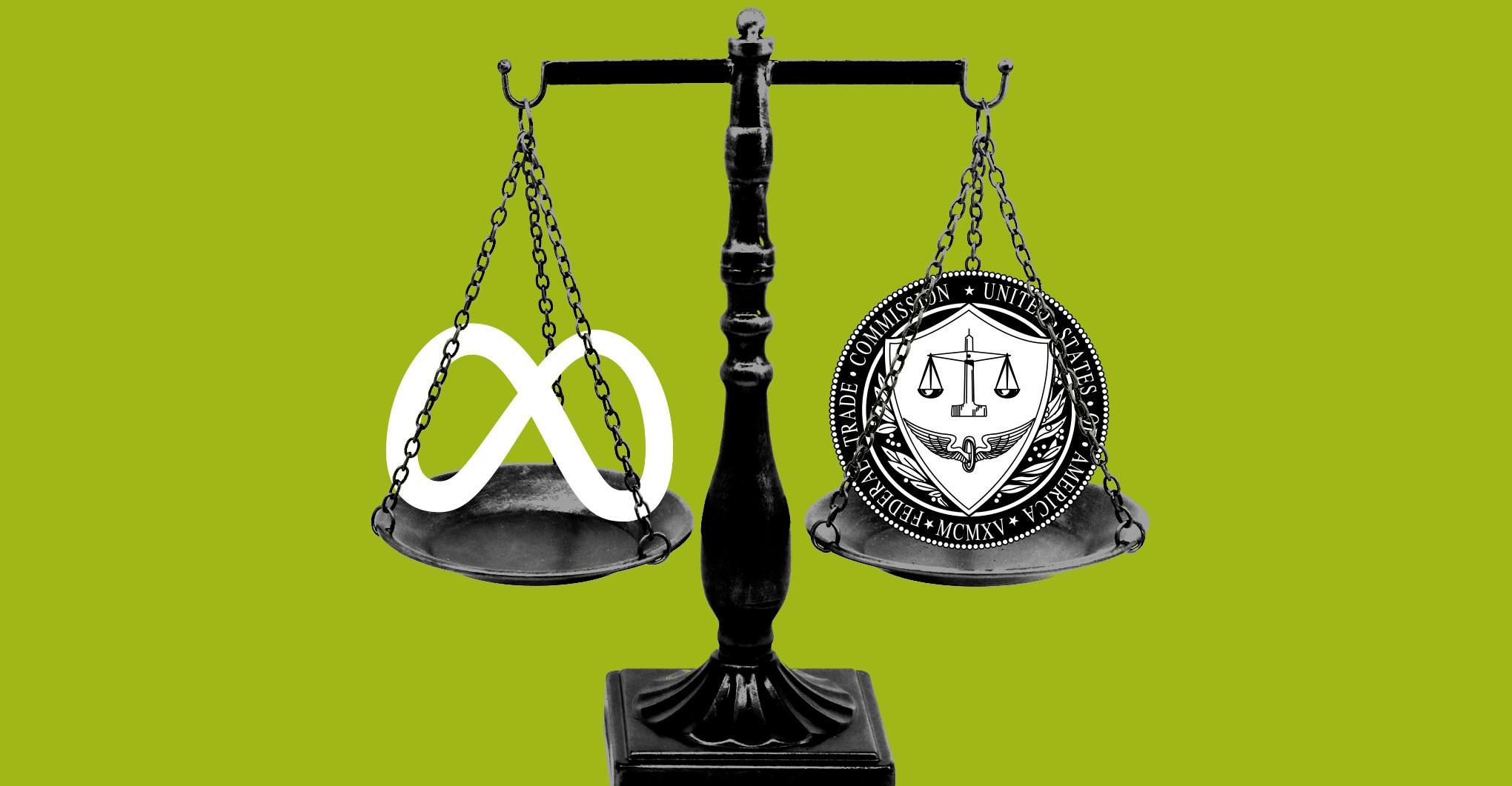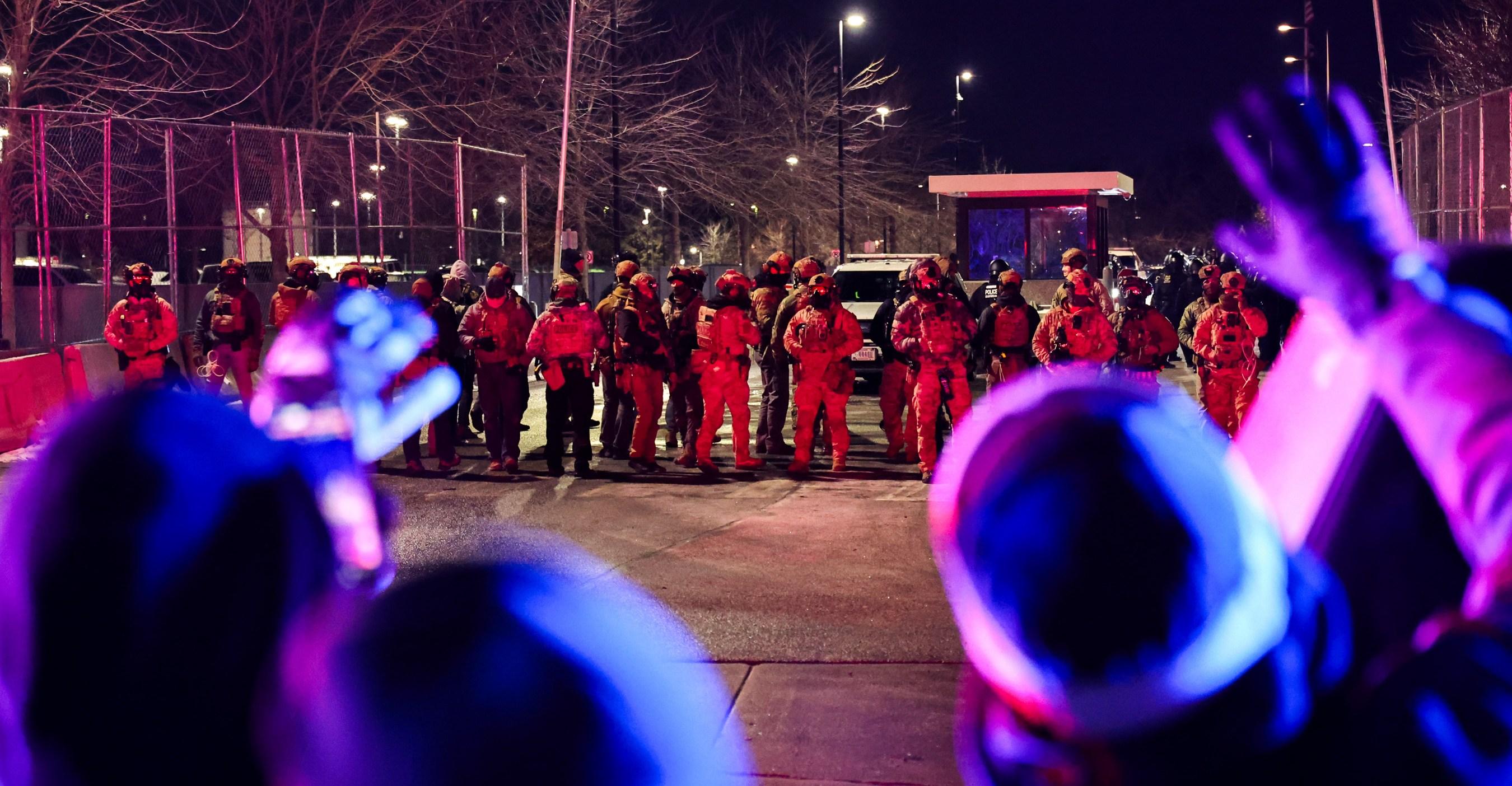The Supreme Court handed down a very brief order on Friday, which effectively permits the Trump administration to strip half a million immigrants of their right to remain in the United States. The case is Noem v. Doe. Although the full Court did not explain w…

Published 8 months ago on Jun 1st 2025, 7:00 am
By Web Desk

The Supreme Court handed down a very brief order on Friday, which effectively permits the Trump administration to strip half a million immigrants of their right to remain in the United States. The case is Noem v. Doe.
Although the full Court did not explain why it reached this decision, Justice Ketanji Brown Jackson penned a dissenting opinion, which was joined by Justice Sonia Sotomayor.
As Jackson explains, the case involves “nearly half a million Cuban, Haitian, Nicaraguan, and Venezuelan noncitizens” who are in the United States “after fleeing their home countries.”
The Department of Homeland Security previously granted these immigrants “parole” status, which allows them to live in the United States for up to two years, and sometimes to work in this country lawfully. Shortly after Trump entered office, DHS issued a blanket order stripping these immigrants of their parole status, putting them at risk for removal. But, a federal district court blocked that order — ruling that DHS must decide whether each individual immigrant should lose their status on a case-by-case basis, rather than through an en masse order.
Realistically, this district court order was unlikely to remain in effect indefinitely. In its brief to the justices, the Trump administration makes a strong argument that its decision to terminate these immigrants’ status is legal, or, at least, that the courts cannot second-guess that decision. Among other things, the brief points to a federal law which provides that “no court shall have jurisdiction to review” certain immigration-related decisions by the secretary of Homeland Security. And it argues that the secretary has the power to grant or deny parole because federal law gives them “discretion” over who receives parole.
Notably, Jackson’s dissent does not question that the Trump administration is likely to prevail once this case is fully litigated. Instead, she argues that her Court’s decision to effectively strip these immigrants of their status is premature. “Even if the Government is likely to win on the merits,” Jackson writes, “in our legal system, success takes time and the stay standards require more than anticipated victory.”
The primary disagreement between Jackson and her colleagues in the majority concerns the Court’s aggressive use of its “shadow docket” to benefit Trump and other conservative litigants. The shadow docket is a mix of emergency motions and other expedited matters that the justices decide without full briefing and oral argument. The Court typically only spends days or maybe a few weeks weighing whether to grant shadow docket relief, while it spends months or longer deciding cases on its ordinary docket.
Since Jackson joined the Court in 2022, she’s become the Court’s most vocal internal critic of its frequent use of the shadow docket.
As Jackson correctly notes in her Doe dissent, the Supreme Court has long said that a party seeking a shadow docket order blocking a lower court’s decision must do more than demonstrate that they are likely to prevail. That party must also show that “irreparable harm will befall them should we deny the stay.” When these two factors do not strongly tilt toward one party, the Court is also supposed to ask whether “the equities and public interest” favor the party seeking a stay.
Jackson criticizes her colleagues in the majority for abandoning these requirements. As she argues, the Trump administration has not shown an “urgent need to effectuate blanket…parole terminations now.”
She also argues that DHS “does not identify any specific national-security threat or foreign-policy problem that will result” if these immigrants remain in the country for a few more months. And, even under the lower court’s order, the government “retains the ability to terminate…parole on a case-by-case basis should such a particular need arise.”
Although the Court has never formally repudiated the requirement that parties seeking to stay a lower court order must prove irreparable harm, it often hands down shadow docket decisions that don’t explicitly consider this requirement.
Concurring in Labrador v. Poe (2024), Justice Brett Kavanaugh argued that, in many shadow docket cases, “this Court has little choice but to decide the emergency application by assessing likelihood of success on the merits.” So Kavanaugh, at least, has stated openly that there are some cases where he will rule solely based on which side he thinks should win, regardless of whether that side has proven irreparable harm. Kavanaugh’s concurring opinion was joined by Justice Amy Coney Barrett.
In the short term, the Doe decision could lead to many immigrants losing their protections. Long term, the most significant aspect of the decision involves an internal dispute about how fast the Court may move when it disagrees with a lower court decision.
No justice contested that the Trump administration is eventually likely to prevail in this case. But Jackson called for her Court to continue to apply procedural constraints that a majority of her colleagues appear to have abandoned. The upshot of this abandonment is that right-leaning litigants like Trump are likely to receive relief very quickly from the justices, because most of the justices are Republicans, while left-leaning litigants will remain bound by lower court orders.
PCB announce T20I squad for Australia series
- 3 hours ago

U19 World Cup:Pakistan beat Zimbabwe by 8 wickets and qualify for next stage
- a day ago
DAVOS 26: World order changing, not rupturing, finance chiefs say
- 3 hours ago

OpenAI’s 2026 ‘focus’ is ‘practical adoption’
- 16 hours ago

Lahore Arts Council Alhamra set to host ninth edition of Afkar-e-Taza ThinkFest
- a day ago
Nine killed, child hurt after avalanche hit house in Chitral
- 2 hours ago

FTC says it will appeal Meta antitrust loss
- 16 hours ago

Yet another record of gold prices in Pakistan
- 3 hours ago

ICE is forcing a reckoning among America’s religious leaders
- 14 hours ago

PM Shehbaz signs ‘Gaza Board of Peace’ draft at Davos
- a day ago
TikTok seals deal for new US joint venture to avoid American ban
- 2 hours ago

How much can a city take?
- 16 hours ago
You May Like
Trending







